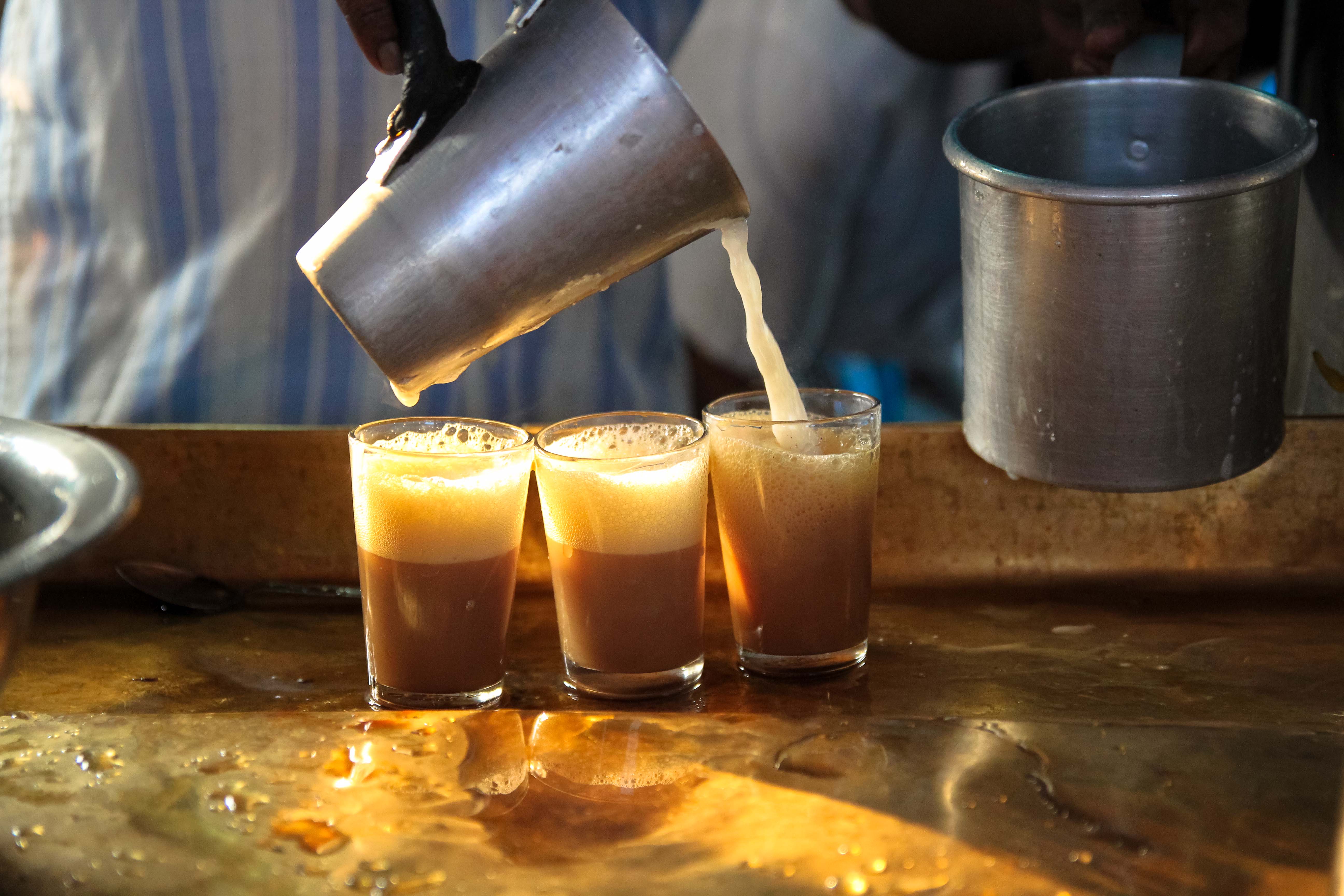Mornings start early in Rettanai, a small agricultural village about four hours south of Chennai, Tamil Nadu. Cows begin to rustle and roosters start to crow by 4 am. “That’s the village alarm clock,” jokes a local.
If the animals don’t wake you, the temples surely will. By 4:30 the main temples in and around the village are competing to see which can blare prayer music the loudest. The old speakers can hardly take it and emit a mix of crackles and garbled chants.
But a quieter awakening takes place at Mohan’s tea stall. Farmers, eager to get into the fields early and finish their work before the oppressive late morning heat sets in, gather around one of Rettanai’s oldest tea shops at dawn and wake up with Mohan’s milky chai. For forty years, men (and the occasional woman) have gathered at the stall to discuss village matters, read the newspaper and prepare for the day ahead over a cup of hot tea.
Mohan’s daily routine begins at 3 am when he milks his cows – “it is the first thing I do before I even brush my teeth,” he says. Mohan will go through about ten liters over the course of the day to serve his regular customers.
We visited Mohan on Pongal, the Tamil harvest festival. We wondered if the village tea shops might shut for the holiday, but Mohan opened his stand even earlier than usual, explaining the importance of starting the year on the right foot. “We wake up especially early on this day. Some people might open their shops early and then close them to handle their Pongal festivities, but we stay open all day to start the year right. If we were to close, it could mean that business will be bad the rest of the year.”








